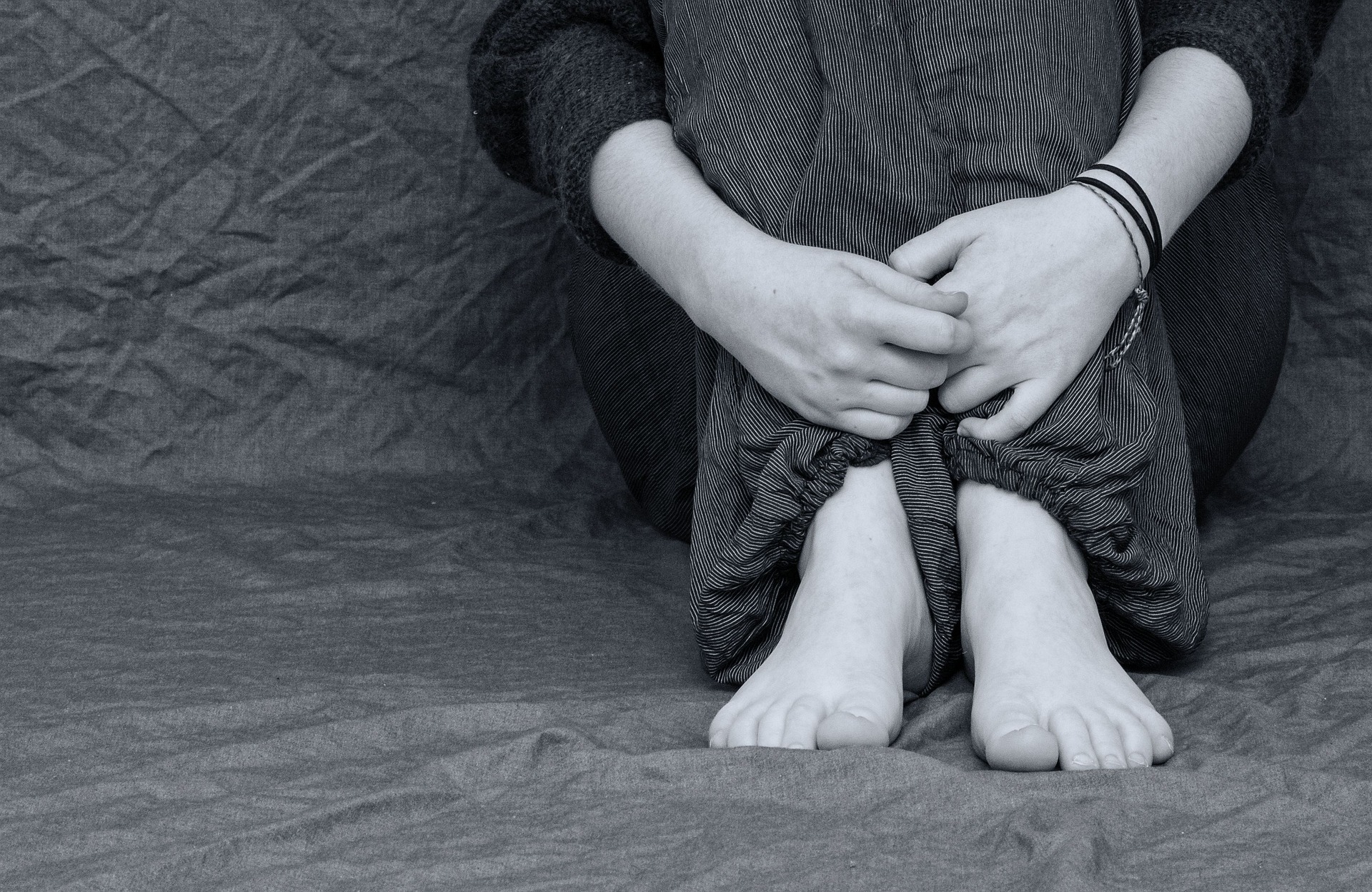
Grief and Mental Health
Loss is a part of the human experience, and grief is the natural response to loss. No two individuals grieve the same, because all relationships are different. Grief can be complicated or acute, which is determined by the length of time and the intensity of the grief. Grief counselors are recommended to assess the severity of grief. Regardless of the intensity or duration, grief affects mental health.
Why Me? Why Not Me?
When a loved one dies, it is normal to feel angry. Anger is a grief emotion. We question because we want to understand. We need to know why. If we just knew why, it might help us accept. The fact is we are not ready to accept, so we question. Progress in grief is the evidence of acceptance that their loved one is not coming back. To let go and let God.
Grief is a difficult journey that takes time. If the grief is unresolved, or not dealt with, it will surface again. We cannot deny our pain or mask it. We must learn their best way to cope. Eventually, we come to accept the grief journey as a natural way of processing the grief.
What’s Next?
After the death of a loved one, life has been significantly altered. We may feel lost. Grasping, and not knowing what to do next. Roles can change. If the head of the household dies the wife must assume different responsibilities. Death of a loved one alters mental health because the balance of living changes. Things that help the grief journey are the support of family and friends.
Adjusting to the emotional and psychological changes are difficult for everyone. Some people, me included, have tried to shorten the journey by denying the pain. Grief, by its very nature, will return unexpectedly and in unhealthy ways. Denying grief can manifest in clinical depression.
Some have found that the grief journey is easier to process with those who share similar experiences of grief, such as grief support groups and/or grief therapy. A healthy transition from grief to health is being able to look to the future with hope. An unhealthy grief journey can cause one to be stuck in grief.
I want to assure you today that God will find you in the middle of your darkest hour. Jesus is there and always will be. Going from grief to healing begins with believing that “The Lord is close to the brokenhearted and saves those who are crushed in spirit” (Psalm 34:18). God will heal the brokenness in his time. This is your rescue story.
Let Go and Let God
When someone dies there are many losses. In addition, to the death of the person, there is the loss of plans and dreams. Being able to let go of those plans is difficult. The mind will try to continue ruminating about the losses. The Bible says in Proverbs 19:21, “Many are the plans of a person’s heart, but it is the Lord’s purpose that prevails.”
We are planners. We see life through rose colored glasses. For example, planning what will do when the kiddos leave home or planning how to spend retirement. It is the human way to visualize what we want for our future. Then something happens and the plans that we had are gone. Plans that will never come to be. When this happens, we must turn to the Lord. The Lord is our hope. “For I know the plans I have for you, declares the Lord, plans to prosper you and not to harm you, plans to give you hope and a future” (Jer 29:11).
God loves us. We are his children. God loved Job in the Bible and his losses were many. He lost his family, children, his livestock, and his health. Yet, he held on to hope. Job got it right when he said, “The Lord gave, and the Lord has taken away. Blessed be the name of the Lord” (Job 1:21). God gives breath and God takes it away.
Learning to live with grief until mourning turns to joy is grieving with hope. Hope only comes from God. Hope is focusing on God’s promises. Hope believes that there is more to this life. “And now, dear brothers and sisters, we want you to know what will happen to the believers who have died so you will not grieve like people who have no hope” (1 Thess. 4:13). God is our only source of eternal hope. We must trust God with our lives to have hope.
Sitting With the Tears
People do care about grieving people. Grief touches the human heart. Some will avoid the grieving person because they do not know what to say. Many of the visitors that once came will soon go away. Some people will tell you it is time to move on and get over it. This is not helpful. This is the response of someone who indeed cares but does not know what to do.
The best way to help a grieving person is to just sit with them and let them cry. Sitting with someone who is grieving is a learned skill. It is a compassionate work of art. To be able be present and nothing more is the greatest gift you can give them. Tears are their way of making sense of it all. Tears are healing. Encourage them to talk and cry if needed. Be quiet and become comfortable with another person’s pain. Imagine if it were you.
The Final Victory
“Jesus sympathizes with our weaknesses” (Heb 4:15). He endured temptation and did not sin. He was obedient to death. Jesus knew the promises of God. He accepted the will of God even in his suffering. “For God so loved the world that he gave his only begotten Son that whosoever believes in Him will have everlasting life” (John 3:16). Our hope is heaven. Jesus is preparing a mansion in heaven for us (John 14:1-3). That is our hope and healing.
God sent Jesus to die in our place. Jesus asked that the cup of suffering (the cross) pass him by, but he prayed that the Father’s will be done (Matt 26:39). Jesus did not want to endure the cross, but he died on the cross for the joy that was before him (Heb 12:2).
The promises of God were available to Jesus, which provided him with hope and purpose. Those same promises are available for me and you. The promises are to help us not to grow weary and lose heart (Heb 12:3). That is the Christian’s hope. Hope for eternal life. Lastly, the final victory when death is defeated (I Cor 15:24-26). “For there will be no more death mourning or crying or pain, for the old order of things has passed away” (Rev 21:4). God’s plan is greater than our comprehension. For his ways and his thoughts are not ours (Isaiah 55:8-9). God ways are higher and greater that anything we can think or imagine. For God is eternal.
